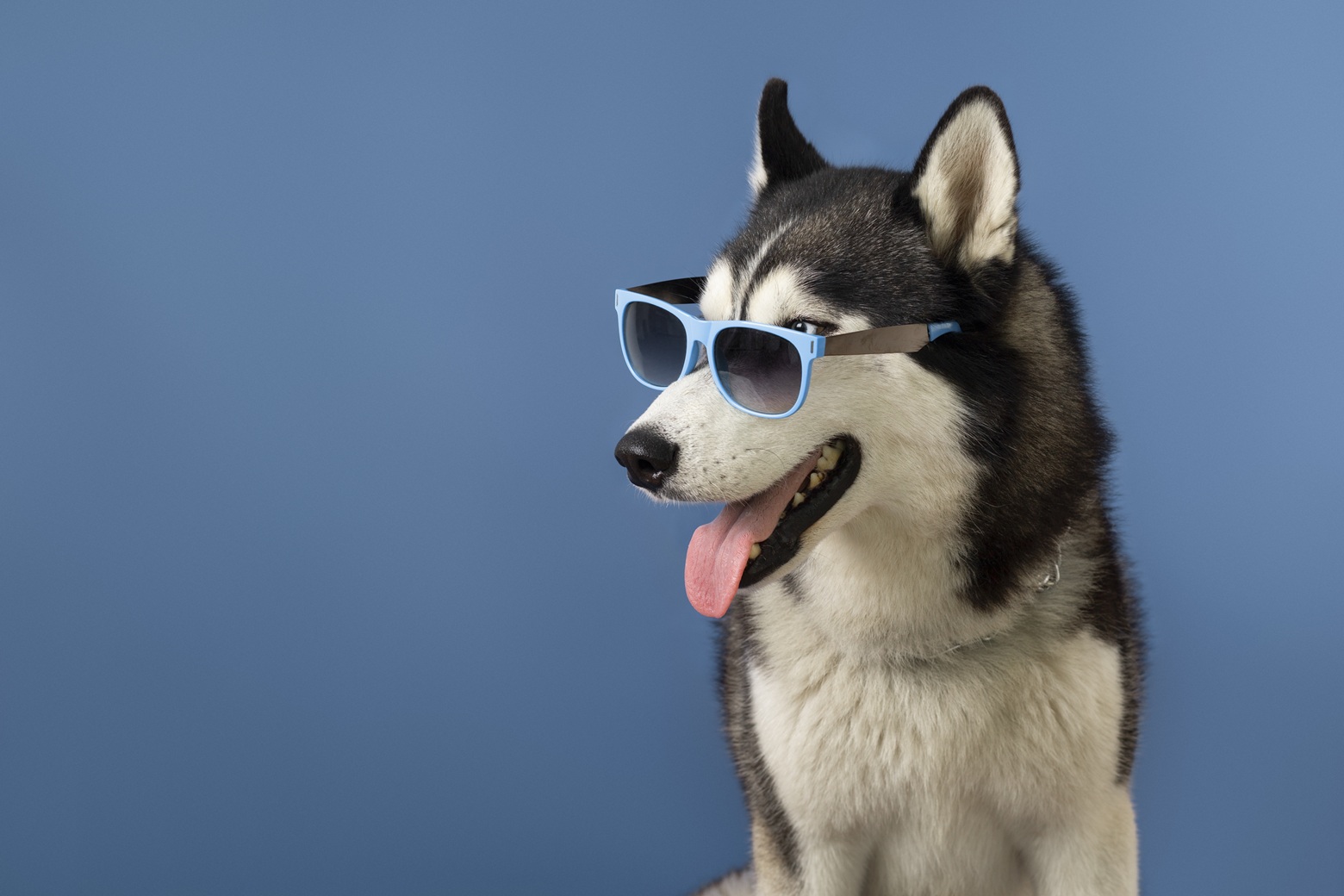Dogs, known scientifically as Canis lupus familiaris, are one of the first domesticated species and have been humanity’s loyal companions for thousands of years. Their intelligence, loyalty, and adaptability make them invaluable not only as pets but also as working animals in various roles.
History and Domestication
Dogs are believed to have been domesticated from wolves over 20,000 years ago. Through selective breeding, humans have developed over 340 recognized breeds, each with unique characteristics suited to specific needs, such as hunting, guarding, or companionship.
Diverse Roles in Human Life
- Companionship
Dogs are affectionately referred to as “man’s best friend” because of their unparalleled loyalty and bond with humans. Breeds like Golden Retrievers, Poodles, and Labradors are popular choices for family pets. - Working Dogs
- Service Dogs: Assist individuals with disabilities, such as guide dogs for the visually impaired.
- Search and Rescue Dogs: Trained to locate people in disaster zones or wilderness.
- Police and Military Dogs: Used for detection, tracking, and protection.
- Therapy Dogs
Dogs provide emotional support in hospitals, schools, and nursing homes, alleviating stress and improving mental health.
Popular Breeds and Their Characteristics
- Labrador Retriever
- Friendly, outgoing, and highly trainable.
- Ideal for families and active individuals.
- German Shepherd
- Intelligent and loyal, often used in police and military work.
- Bulldog
- Gentle and calm, making them perfect for apartment living.
- Beagle
- Curious and energetic, known for their excellent sense of smell.
- Pomeranian
- Small, lively, and perfect for those looking for a compact yet spirited pet.
Health and Care
Dogs require regular exercise, a balanced diet, and routine veterinary care to stay healthy. Common health concerns include:
- Obesity: Maintain a proper diet and exercise regimen.
- Dental Health: Regular brushing and dental checkups are crucial.
- Breed-Specific Issues: Larger breeds may face joint problems, while smaller breeds might be prone to dental issues.
Vaccinations and preventive care are essential to protect against diseases such as rabies, distemper, and parvovirus.
Understanding Dog Behavior
Dogs communicate through body language, vocalizations, and behaviors. Common signs include:
- Tail Wagging: A sign of excitement or happiness.
- Growling: Indicates discomfort or a warning.
- Barking: Used for communication, whether to alert, play, or express needs.
Proper training and socialization from a young age can prevent behavioral problems and ensure a well-adjusted pet.
Conclusion
Dogs are more than just pets; they are companions, protectors, and contributors to society. Whether you’re seeking a loyal friend or a working partner, dogs enrich human lives in countless ways. Choosing the right breed and providing proper care will ensure a fulfilling relationship with your canine companion.

